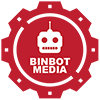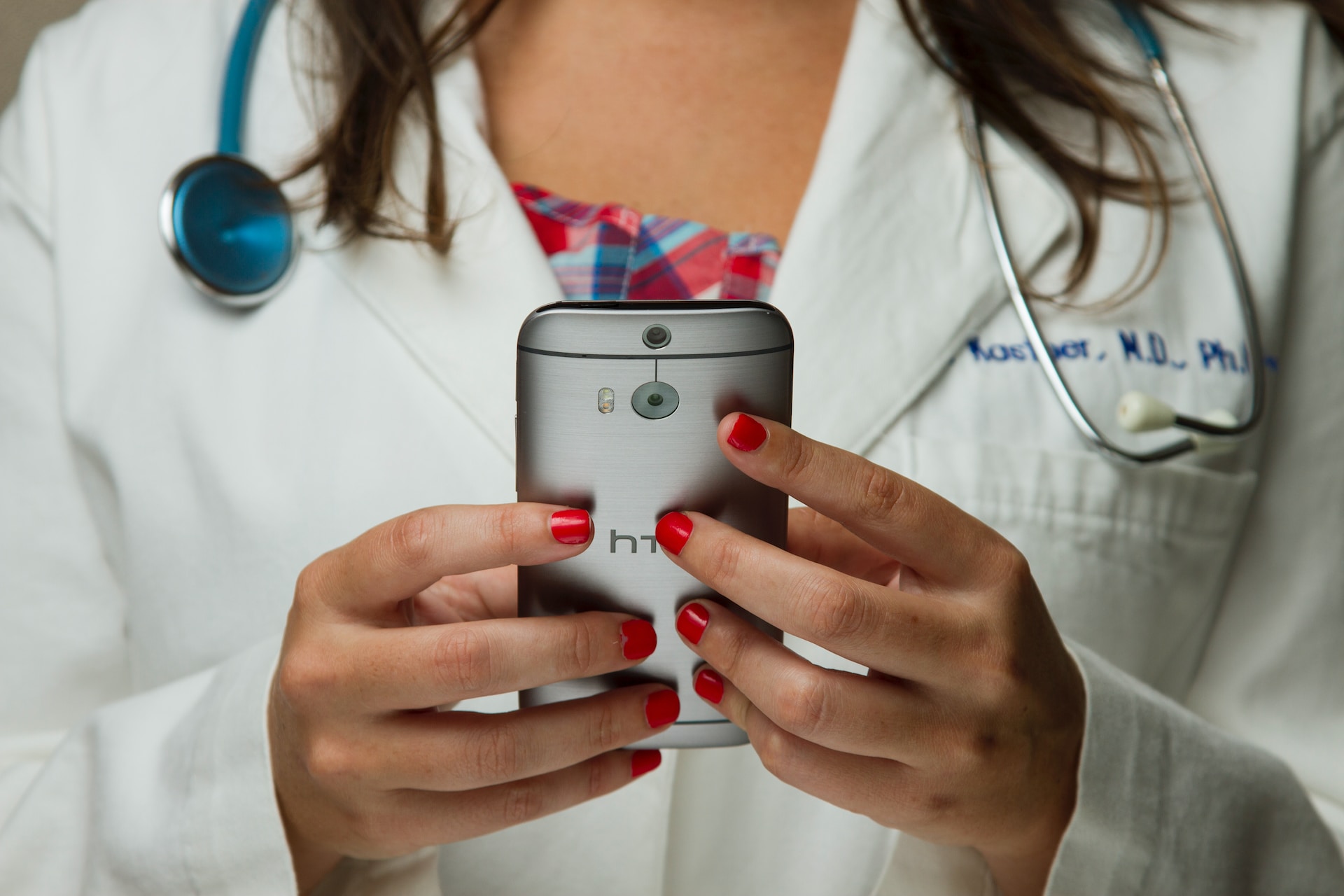Digital health, also called eHealth or health tech, is when technology is used to improve how healthcare is given and how well patients do. Wearable devices like smartwatches and fitness trackers have become a big part of the digital health change. These devices act as personal health assistants that track and monitor different parts of our health. Smartwatches and fitness trackers are examples of these devices. They have sensors that record information about physical exercise, heart rate, sleep habits, and more. They can keep track of your physical exercise, watch your heart rate and other vital signs, and give you information about how long you sleep, how deep your sleep is, and when you wake up. In the digital health revolution, health apps have become strong tools that can do things like track symptoms, tell you to take medications, help with mental health, and more.
Health apps have changed the way people can get help for their mental health by giving them resources and tools to deal with worry, anxiety, and sadness. They can measure your heart rate correctly even when you’re doing a lot of physical activity. They can also remind you to take your medications by giving you notifications or alerts when it’s time to take them and by letting you log your intake and review your adherence history. Wearables come in many styles for people of different ages and needs, like exercise trackers for young adults and smartwatches for older adults with health tracking features. It is important to choose health apps from trusted sources and developers, read user reviews, check to see if the app has been reviewed or approved by healthcare professionals or organizations, and read the app’s privacy policy. By adding these features, health apps make it much easier for people to take their medications as prescribed.
The digital health shift is changing the way healthcare is done and giving people more control than ever over their health and well-being. Telemedicine, fitness and diet apps, smartwatches, digital therapeutics, and wellness platforms are all types of digital health and wellness breakthroughs. Traditional medical care shouldn’t be replaced by health apps; instead, they should be used in addition to it. It’s important to talk to your medical professionals for accurate diagnoses, specific treatment plans, and expert advice. Using video conferencing technology, telemedicine lets people talk to medical workers from a distance. Fitness and diet apps let people plan workouts, keep track of calories, and plan meals. Smartwatches have various health and fitness features, and digital therapeutics are evidence-based treatments provided through software programs or apps.
Wellness systems take a whole-person approach to health and well-being by combining things like exercise, diet, stress management, and mental health support. Digital health innovations are having a big effect on how we get and use health care, and there are many reliable journals that cover the latest studies, trends, and innovations in the field. Some of these are Remote Patient Monitoring, Mental Health Apps, Health Sensors, Virtual Reality (VR) in Healthcare, and AI-Powered Health Assistants. Remote Patient Monitoring uses connected gadgets to keep an eye on a patient’s health from afar, while Mental Health Apps provide tools and information to help with mental health. Health sensors can track things like blood pressure, glucose levels, and oxygen saturation. They can be built into wearable gadgets or used on their own.
Virtual reality (VR) is being used in healthcare situations to treat pain, help people recover, and do other helpful things. Health Assistants that are driven by AI give users quick access to health information, symptom evaluation, and unique suggestions. Digital Health Today is a podcast and website where leaders, developers, and creators in the digital health field talk about their work. Healthcare IT News gives information about how healthcare and technology work together. For example, it talks about electronic health records (EHRs), hacking, interoperability, and data analytics. The Journal of the American Medical Informatics Association (JAMIA) promotes studies on biomedical and health informatics, with a focus on using technology and data analytics to improve healthcare results, patient safety, and healthcare delivery. The information and research in these books are very helpful and give a deep look at the digital health world.

